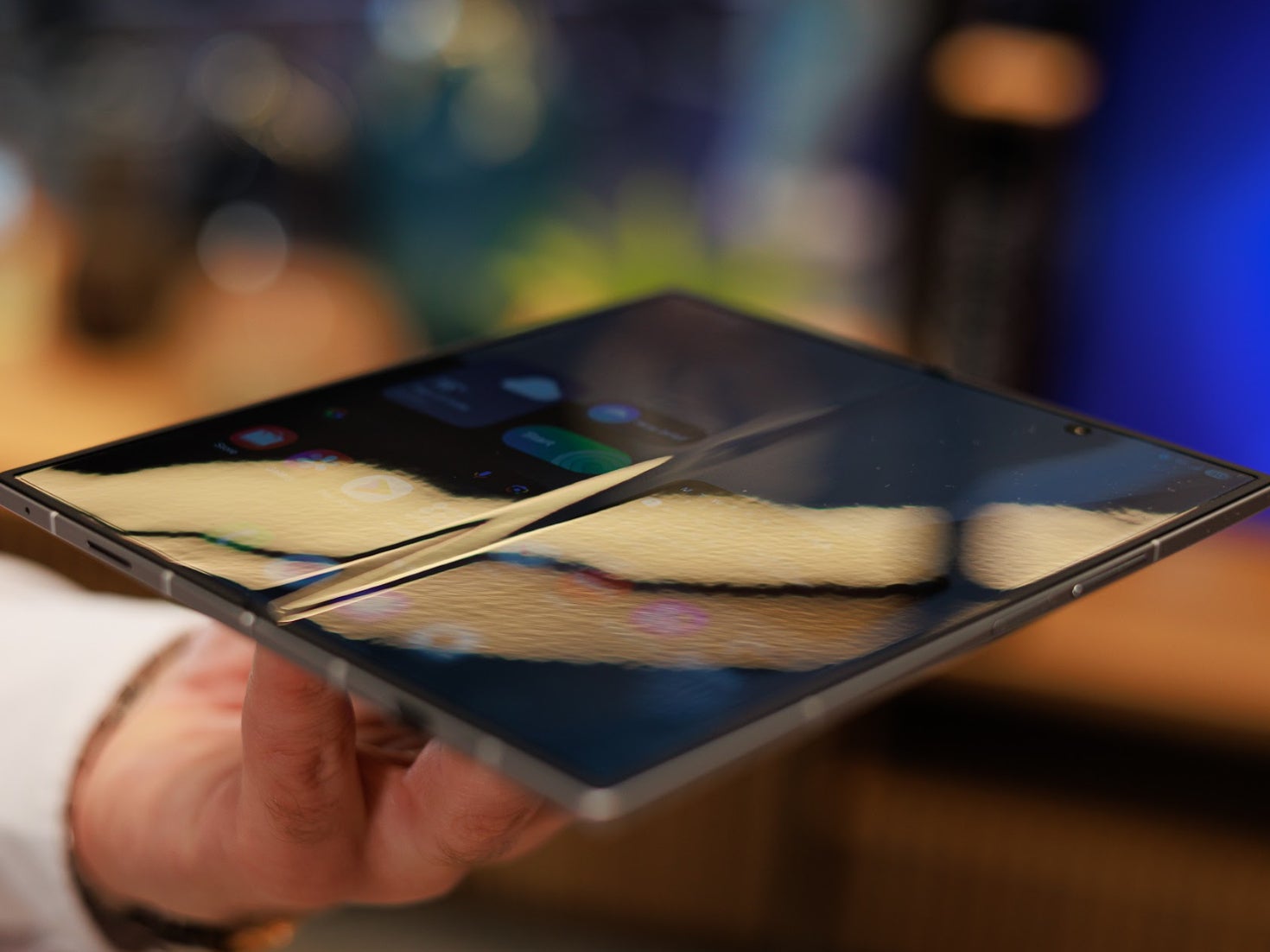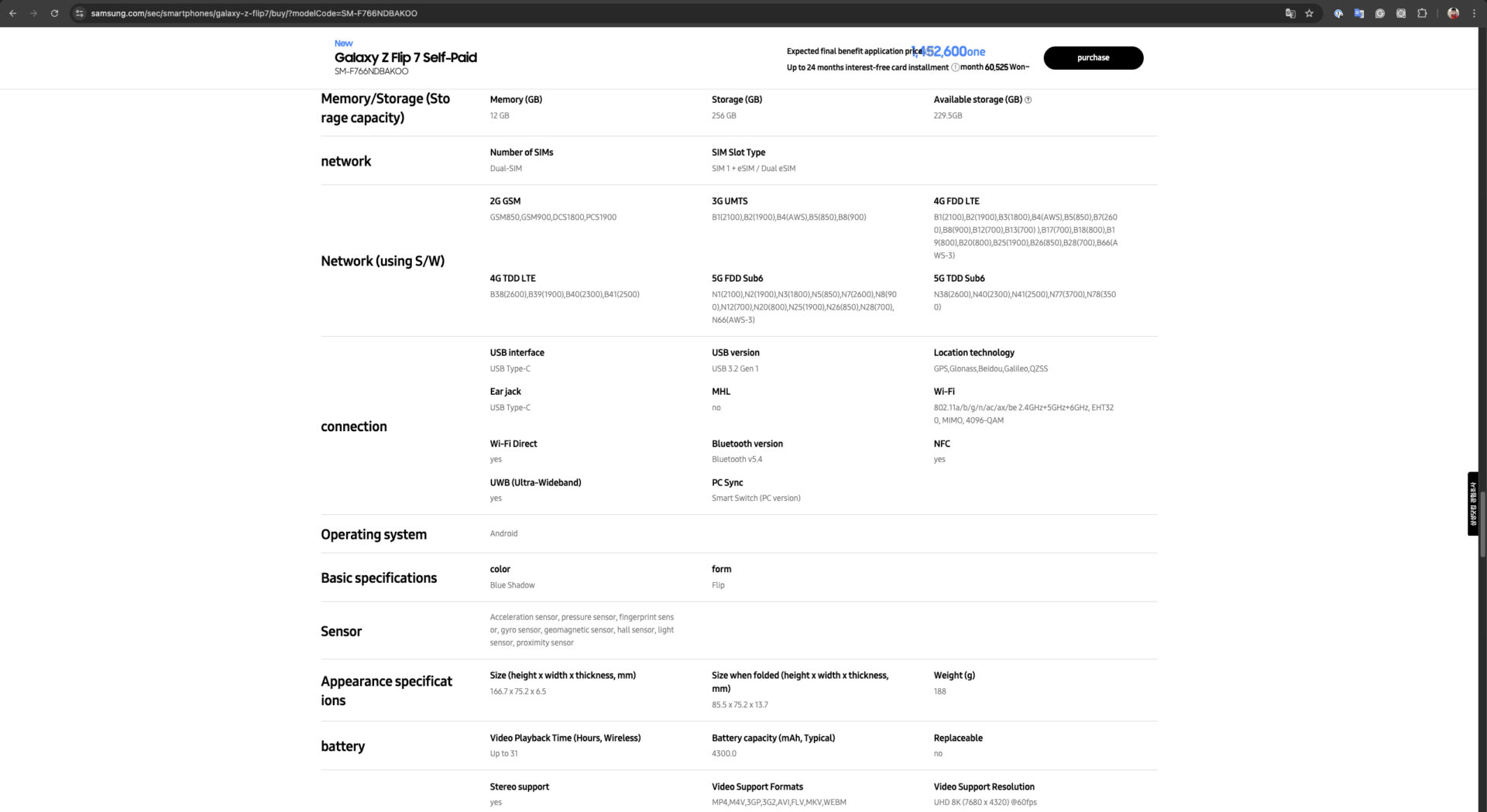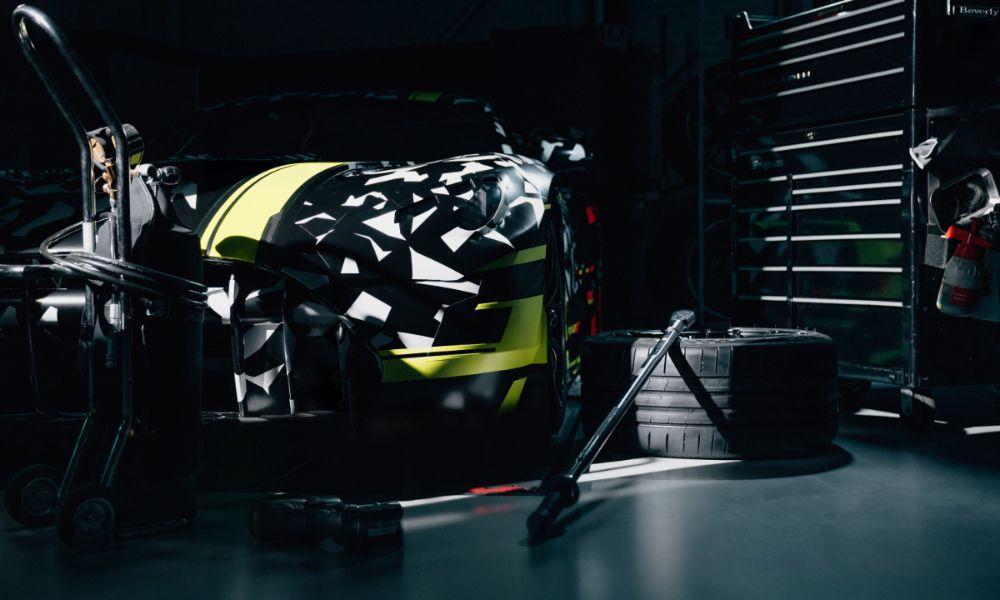Intel CEO Pat Gelsinger has publicly characterized Nvidia’s AI industry success as being purely accidental. In a wide-ranging interview with Gelsinger, hosted by the Massachusetts Institute of Technology (MIT), the Intel boss told attendees that Nvidia CEO Jensen Huang “got extraordinarily lucky.” He went on to lament Intel giving up the Larrabee project, which could have made Intel just as ‘lucky,’ in his view. However, the VP of Applied Deep Learning Research at Nvidia, Bryan Catanzaro, took to Twitter / X earlier today to dismiss Gelsinger’s hot take on the status quo in the AI hardware industry.
The Intel CEO’s highlighting of ‘lucky’ Nvidia came in response to a question about 17 minutes into the video recorded by MIT. Daniela Rus, a Professor of Electrical Engineering and Computer Science and Director of the Computer Science and Artificial Intelligence Laboratory (CSAIL) at MIT, asked, “What is Intel doing for the development of AI hardware, and how do you see that as a competitive advantage?”
Gelsinger began his answer by talking about Intel’s mistakes. According to the current CEO of Intel, the firm’s fortunes took a dive when he left, but it is again on the path to glory. He recounted his 11 years in the wilderness (at EMC, then VMWare) and the sad fate that met Larrabee.

“When I was pushed out of Intel 13 years ago, they killed the project that would have changed the shape of AI,” Gelsinger told his MIT audience, referencing the end of development work on Larrabee. Meanwhile, Jensen Huang is characterized as a hard worker who was single-mindedly pursuing advances in graphics but lucked out when AI acceleration began to be a much sought-after computing feature.
Jensen Huang “worked super hard at owning throughput computing, primarily for graphics initially, and then he got extraordinarily lucky,” stated Gelsinger. He illustrated his point by asserting that when the green shoots of AI first popped up, Nvidia “didn’t even want to support their first AI project.”
Continuing to lament the loss of Larrabee, or any kind of similar development thrust at Intel, Gelsinger explained Nvidia’s dominance came partly from the fact that “Intel basically did nothing in the space for 15 years.” Don’t worry, though, as Gelsinger heralds his own return, “I come back, I have a passion, okay, we’re going to start showing up in that space.”
As well as developing hardware to accelerate AI, Gelsinger is keen on what he calls his number one strategy of democratizing AI. New hardware alone isn’t the answer he says, it is also vital to “eliminate proprietary Technologies like CUDA.” In the not-too-distant future, the Intel CEO sees this democratizing force as making high-performance AI available on every machine, from modest home users to developers, enterprises, and super-powerful servers.
Interestingly, Gelsinger predicts that, largely thanks to AI, we are on the precipice of “one to two decades of sheer innovation.” He reckons that we will get AI to tap resources far beyond the large but rather simple data sets that are being used now (mostly textual). Moreover, Intel is busy executing its plans and will “build lots of fabs, so we can build lots of compute” to address AI.
Nvidia says no
Nvidia’s VP of Applied Deep Learning Research, Bryan Catanzaro, issued a concise dismissal of Gelsinger’s assertions about Nvidia benefitting from simple luck.
I worked at Intel on Larrabee applications in 2007. Then I went to NVIDIA to work on ML in 2008. So I was there at both places at that time and I can say:NVIDIA’s dominance didn’t come from luck. It came from vision and execution. Which Intel lacked. https://t.co/ygUJZIQWLHDecember 20, 2023
In the above Tweet (click to expand), we see a key Nvidia VP explain why he thinks “Nvidia’s dominance didn’t come from luck.” Rather, he insists, “It came from vision and execution. Which Intel lacked.”
Catanzaro has worked at both companies, including spending time working on Larrabee applications in 2007, so he has insight into management decisions. However, we must temper his words with the knowledge that he is currently a green team player.






